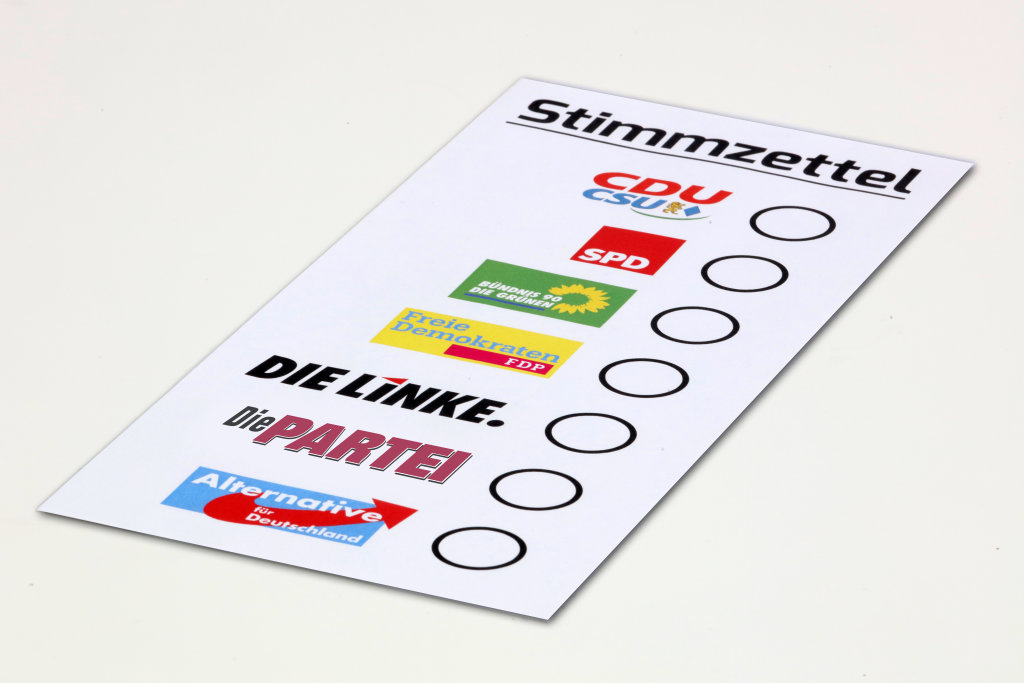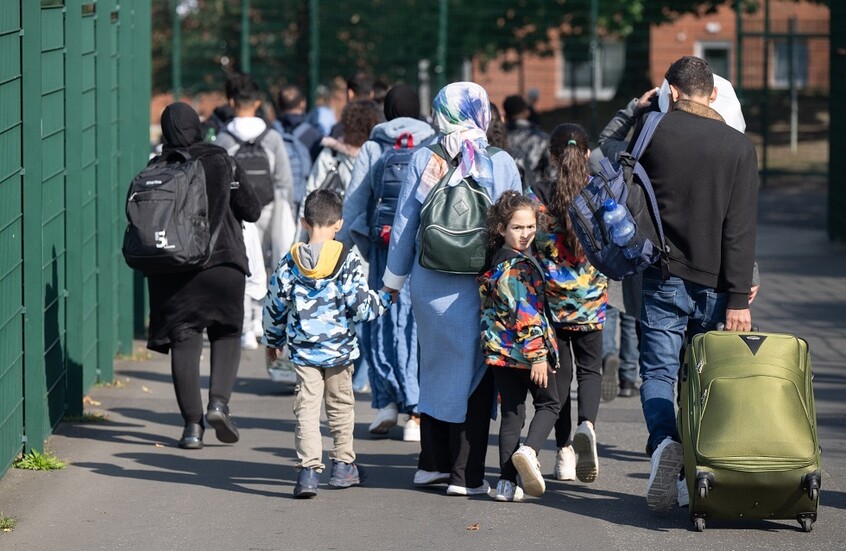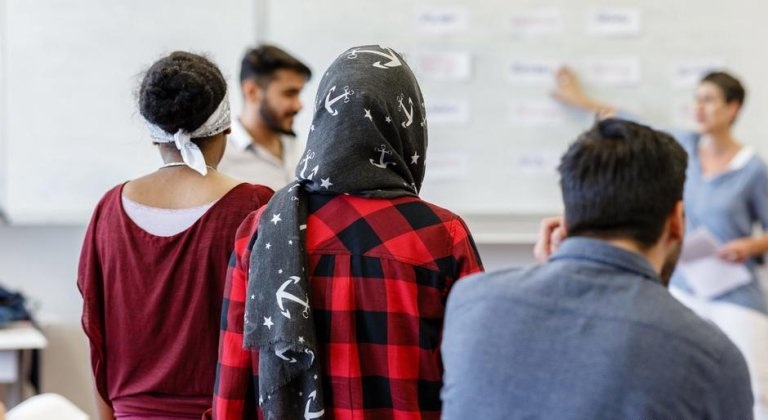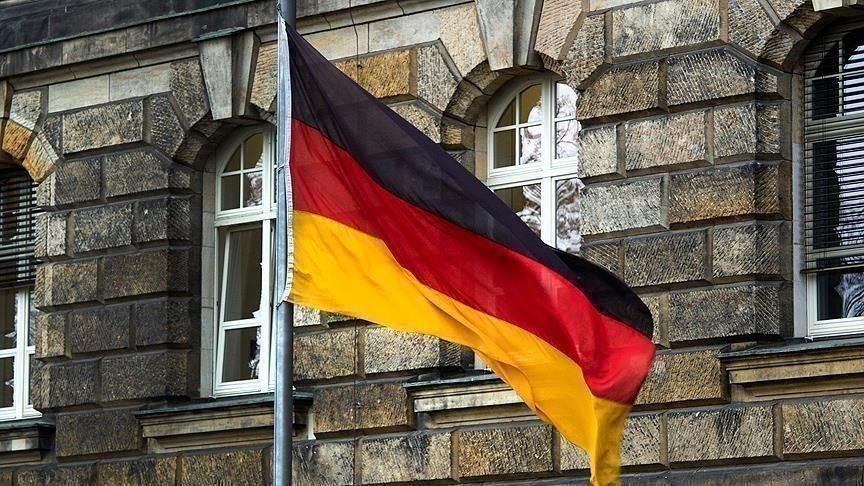
Mohammed Atef
Migration and asylum are among the main themes that are always raised in the political arena and in the media scene in Germany. In this article, we briefly present the position of the main German political parties towards that sensitive issue.
The Alternative for Germany (AFD)
On the far right, there is the Alternative for Germany (AFD), which observers classify as a populist party that includes fascist elements within its ranks. The party is xenophobic, and its electoral and political propaganda contains anti-refugee and anti-foreign rhetoric. The party supports tightening the rules and procedures for the entry of non-Europeans into the country, while applying a policy similar to that applied by Trump in the same file, which depends on dealing with refugees at the border and not allowing them to enter to seek asylum. The party also calls for prioritizing local affairs above European ones when it comes to migration and asylum policies, while cooperating with the rest of the continent’s countries to stop the wave of migration and asylum by force, whether in the Mediterranean or at the eastern borders. Party members do not hide their admiration for rulers in the Middle East who are hostile to political Islam, such as Bashar al-Assad or Abdel Fattah al-Sisi, and see them as allies. The party supports the deportation of refugees to their countries of origin, even if they are not safe, such as to Afghanistan.
The Christian Democratic Union Party
As for the center-right, represented by the Christian Democratic Union (and its sister party, the Christian Social Union in Bavaria), it supports placing restrictions on the entry of migrants and refugees through legislation that allows the entry of only those migrants / refugees who are needed by the labor market. The two parties are trying to encourage refugees to return to their country through some financial incentives, and support the deportation of refugees, such as Afghans, back to their country, an issue of wide controversy in Germany. At the level of their political discourse, the two parties support “multiculturalism” in German society and see the integration of foreigners and refugees who entered the country “legally” as a source of enriching the local culture.
The Free Democratic Party
This is a neoliberal party that supports big businessmen. It does not object to the entry of migrants and refugees, because it sees them as a workforce that the German market needs, but it supports the imposition of strict legislation to control borders and the process of migration and asylum.
The center-left
The position of the centre-left, represented by the Social Democrats and the Greens, is not very different from the center-right. Both parties support migration and asylum and see the phenomenon as an enrichment factor for German society and necessary to fill the shortage of labor needed by the economy. Both parties stress the need to approach the phenomenon in coordination with the rest of the European Union, without individual decisions.
The left
Finally, the Left Party Die Linke, which includes various left-wing factions, is the most open towards the phenomenon of migration and asylum, and supports facilitating entry and residence procedures for foreigners. Its members volunteer in various campaigns to rescue refugees in the Mediterranean or humanitarian work at the borders.
The abovementioned is just an overview of the general guidelines of the mentioned parties. However, it must be noted that this does not necessarily mean fixed patterns, according to which we can classify all members of each party. Within each party there is a wide range of spectra and degrees, and also the tone of hostility towards refugees and migration rises at times and falls at other times. In some cases, we find the party blocs in one province more strict than the rest of the party branches in other provinces. But overall, Germany remains, until that moment, the most open European country towards foreigners. Will the situation change with the current slowdown in the economy or a crisis and recession? This might be a possible outcome that worries migrants and refugees.





